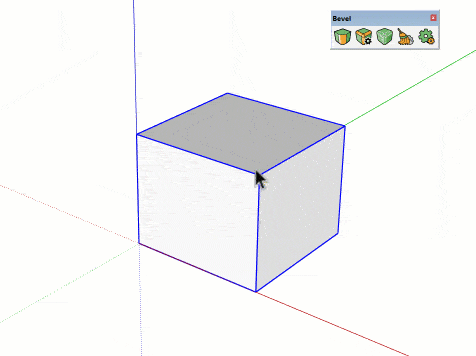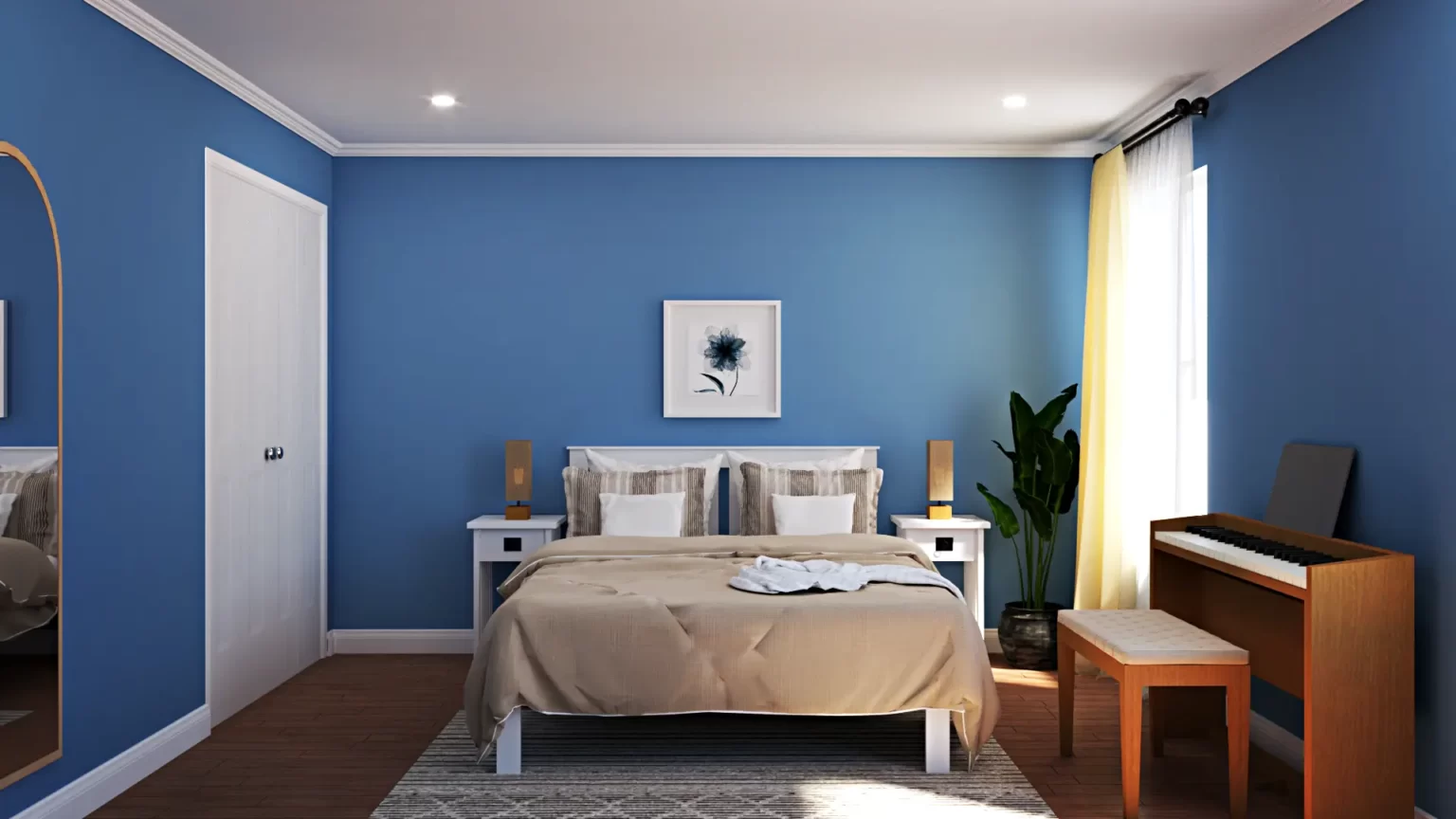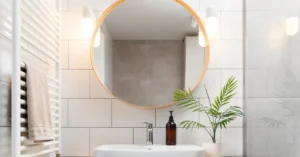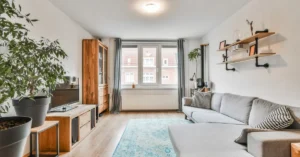
Crafting Your Path: Interior Design Education
In the realm of design, interior designers serve as the visionary minds behind the transformation of spaces, blending creativity with technical expertise to create environments that inspire and enhance the lives of those who inhabit them. If you’ve ever dreamed of pursuing a career in interior design, you may be wondering: what education do you need to turn that dream into reality? In this comprehensive guide, we’ll explore the educational qualifications required to become an interior designer, from bachelor’s degrees to specialized certifications and beyond.
Bachelor’s Degree: The Foundation of Your Journey
A bachelor’s degree serves as the cornerstone of a career in interior design, providing aspiring designers with the knowledge, skills, and practical experience needed to succeed in the field. Most interior designers begin their educational journey by pursuing a bachelor’s degree in interior design, interior architecture, or a closely related field.
A bachelor’s degree program in interior design typically covers a wide range of topics, including design theory, space planning, color theory, materials and finishes, and building codes and regulations. Through coursework, studio projects, and hands-on experience, students develop a strong foundation in design principles and gain the technical skills necessary to bring their creative visions to life.
Associate Degree: An Alternative Pathway
While a bachelor’s degree is the standard entry-level requirement for many interior design positions, some companies may accept candidates with an associate degree in interior design or a related field. Associate degree programs offer a condensed curriculum focused on fundamental design principles and practical skills, making them an attractive option for individuals seeking a quicker path to entry into the field.
While an associate degree may provide a solid foundation in design basics, it may not offer the same depth of knowledge and expertise as a bachelor’s degree program. As such, individuals with an associate degree may need to supplement their education with additional coursework or professional development opportunities to compete effectively in the job market.
Master’s Degree: A Path to Specialization and Advancement
While not always required, a master’s degree can provide interior designers with a competitive edge in the field, particularly for positions that require advanced knowledge or specialization. Master’s degree programs in interior design offer opportunities for deeper exploration of specialized areas such as sustainable design, healthcare design, or historic preservation.
In addition to advanced coursework, master’s degree programs often include research projects, internships, or thesis requirements that allow students to gain practical experience and develop expertise in their chosen area of focus. Graduates of master’s programs may be better positioned to pursue leadership roles, advance their careers, or transition into specialized areas of interior design practice.
Accredited Interior Design Program: A Seal of Quality
Candidates who have completed an accredited interior design program by the Council for Interior Design Accreditation (CIDA) may enjoy a competitive advantage in the job market. CIDA-accredited programs adhere to rigorous standards of quality and excellence, ensuring that graduates possess the knowledge, skills, and competencies necessary to succeed as interior designers.
Employers may prefer candidates with a degree from a CIDA-accredited program, as it demonstrates a commitment to professionalism and excellence in the field. Additionally, graduates of accredited programs may be eligible to pursue professional certification through organizations such as the National Council for Interior Design Qualification (NCIDQ), further enhancing their credentials and marketability.
Online Courses: Supplementing Your Education
In addition to formal degree programs, aspiring interior designers may benefit from taking online courses to supplement their education and expand their skill set. Online courses offer flexibility and convenience, allowing students to learn at their own pace and from anywhere with an internet connection.
Popular online courses for aspiring interior designers include topics such as color theory, design fundamentals, computer-aided design (CAD), and software proficiency. By taking online courses, students can enhance their understanding of key design principles, develop proficiency in essential tools and technologies, and stay abreast of emerging trends and industry best practices.
Conclusion: Charting Your Course in Interior Design Education
As you embark on your journey to become an interior designer, it’s essential to consider the educational qualifications and pathways that best align with your goals, interests, and aspirations. Whether you choose to pursue a bachelor’s degree, an associate degree, or a master’s degree, investing in your education is the first step toward building a successful and fulfilling career in interior design.
Additionally, seeking out accredited programs, taking advantage of online courses, and pursuing professional certification can further enhance your credentials and increase your marketability in the competitive field of interior design. By staying informed, proactive, and committed to lifelong learning, you can navigate the educational requirements of interior design with confidence and embark on a rewarding journey toward professional excellence.












